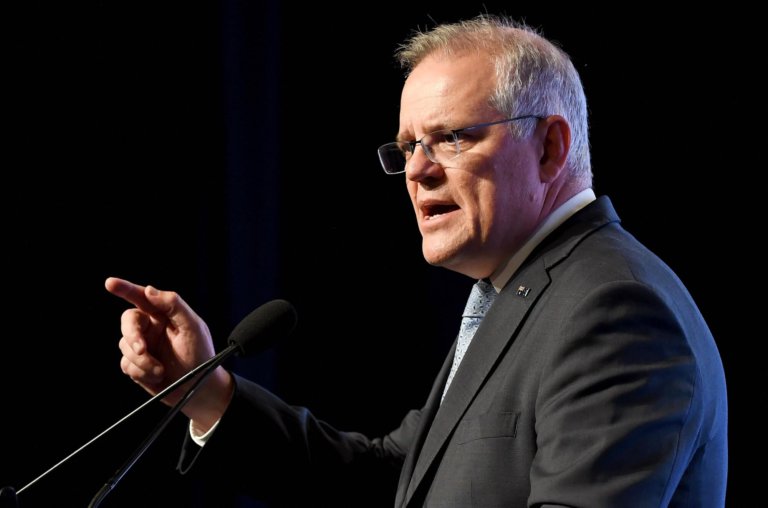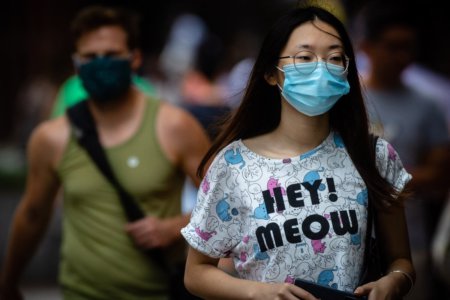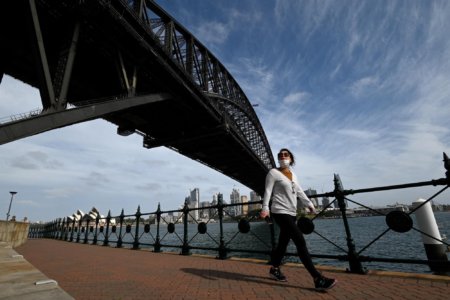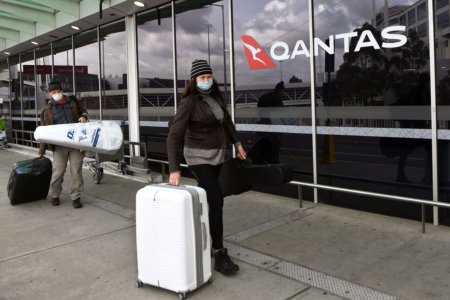
Here’s some welcome news on Australia’s international borders — Australian Prime Minister Scott Morrison said today that bans on international travel will be lifted in November, a month ahead of schedule.
States that have reached the 80% vaccination rate to welcome immunized overseas visitors, while Australians will be able to travel abroad with no restrictions on destination, reported Bloomberg. Previously, Tourism Minister Dan Tehan said Australia’s international borders would reopen by Christmas at the latest.
Morrison said in a statement that the government is setting out the framework for how international travel will look in coming months. “With first dose vaccination rates at over 78% and double dose rates nationwide at 55% and on track to reach 70% in some jurisdictions over the next week, our government has been finalising plans so Australian families can be reunited, Australian workers can travel in and out of our country, and we can work towards welcoming tourists back to our shores,” he said.
“The government’s intention is that once changes are made in November, the current overseas travel restrictions related to COVID-19 will be removed and Australians will be able to travel subject to any other travel advice and limits, as long as they are fully vaccinated and those countries’ border settings allow,” he said. “Border settings and quarantine requirements in other countries continue to change and we strongly encourage all Australians to closely monitor DFAT travel advice, available on smartraveller.gov.au.”
While the border reopening benefits Australians, Morrison said the TGA has published its initial assessment of the data on the protection offered by the Coronavac (Sinovac) and Covishield (AstraZeneca/Serum Institute of India) vaccines, and has advised that these vaccines should be considered as “recognised vaccines” for the purpose of determining incoming international travellers as being appropriately vaccinated.
“Declaring certain COVID-19 vaccines as ‘recognised vaccines’ is separate to a regulatory decision on whether they are approved for use for vaccination in Australia, which has not been made by the TGA,” he said.










